The SEI Elements
Below you will see the breakdown of each element and an outline of the layers or actions you need to consider.


Trust
Google trusts you more if other websites trust you enough to backlink to you.
Google seeks to provide a trusted result for searchers. A big signal of value to Google is strong organic referral links to your website. This is also where authoritative content overlaps with our Relevance element. Engage in a healthy marketing mix and provide customer value and service at every opportunity.

Relevance
Is your content answering key questions your visitor has with useful information?
Google wants searchers to fall on a relevant result or there is no point to the search engine in the first place. Relevant keywords and a generous amount of supportive content for those topics and keywords is the name of the game when it comes to delivering a relevant result.

Longevity
How long have you been around on the web? What do you have online and how long has it been there?
Google rewards businesses for persistence. Our research shows sites that are in it for the long haul gain some serious street cred, providing you are maintaining and growing a well balanced marketing strategy.

Consistency
Are you consistently helping your visitors? Providing content that serves their needs so they understand who you are, what you do and how you help?
Google rewards brands for fresh content - whether its in blogs or landing pages on your site. Keep your content up to date (for example, broken links) and don’t let your website grow stale. Consider revising old content as well as creating new content.

Identity
Your identity is your brand - look and feel. Fundamental to this is the experience visitors have on your website - do they give up in frustration because it’s slow and confusing?
Your brand identity and consistency of message is an important way for customers to align with your business. However, none of this even gets seen if your website is slow, confusing or clunky. Your identity becomes “too hard to deal with”.
The design elements of your website and the customer journey it provides enhance the user experience - if your visitors don’t give up and move on!
Know how your site performs and if necessary talk to your web developer and SEO people about optimising your site performance - both on desktop AND mobile devices. Remember, Google’s ‘mobile-first indexing’ seeks to improve UX for people searching on the move or utilising elements of voice search.

Reputation
The reviews your customers give you matter - how do you stack up in their eyes? (Which are the eyes of the online world).
Google rewards businesses with reviews across multiple directories with a particular emphasis on Google My Business. Naturally, the volume and the quality of these reviews is also important as customers need a good amount of data to help them make sound decisions.
This aligns with elements of trust and authority. When it comes to building influence, your reputation provides social proof and accountability that you are striving to uphold high standards with both your product offering and your customer service.

Engagement
How many people actually find YOU when they’re searching the web for what you do?
Google loves traffic and not surprisingly rewards websites that get the most.
Focusing on marketing activities (blogs, landing pages, etc) that engage your audience - content that matches your keywords creates value and understanding around your offering.




